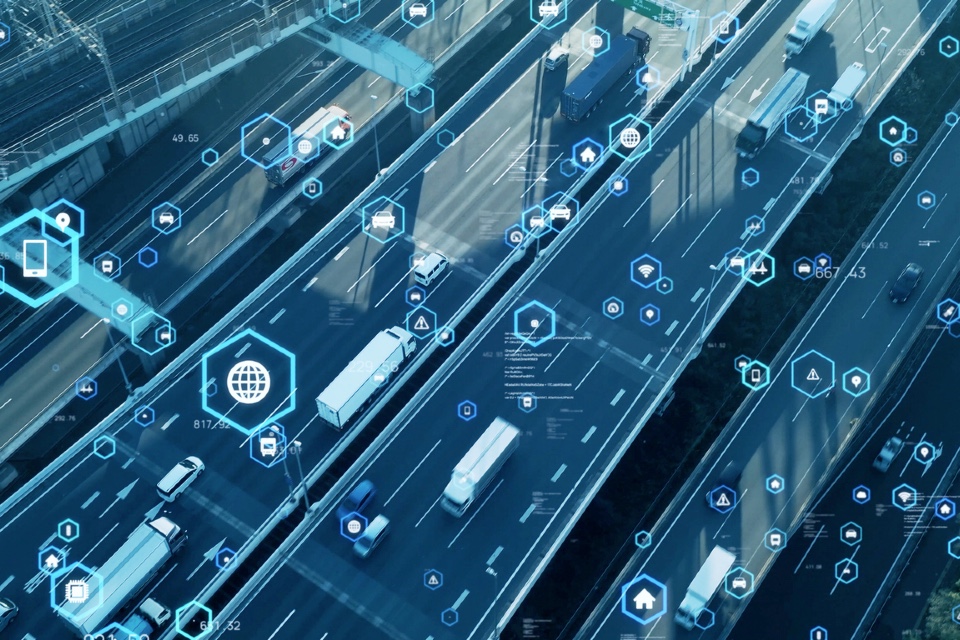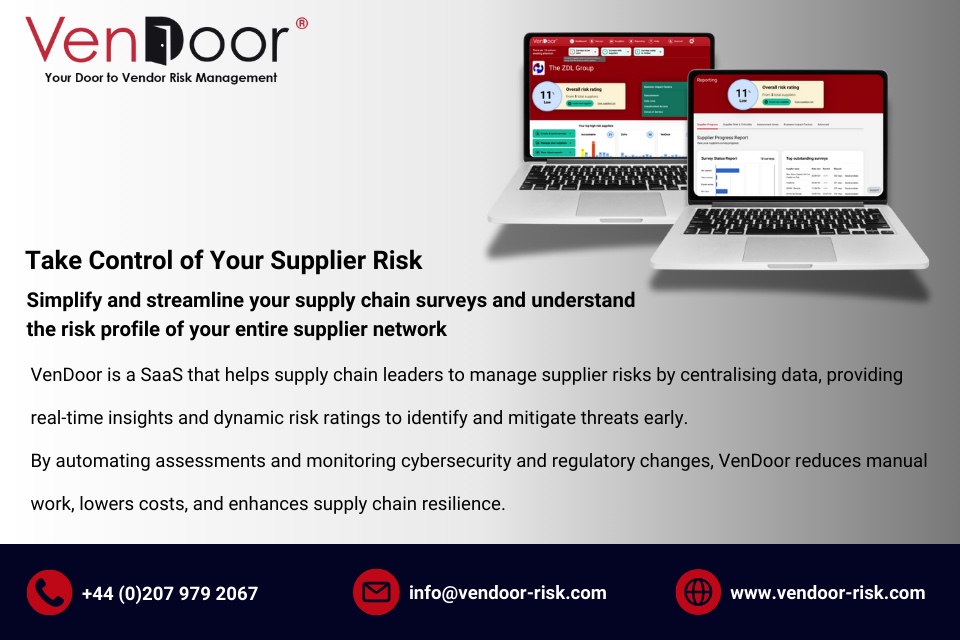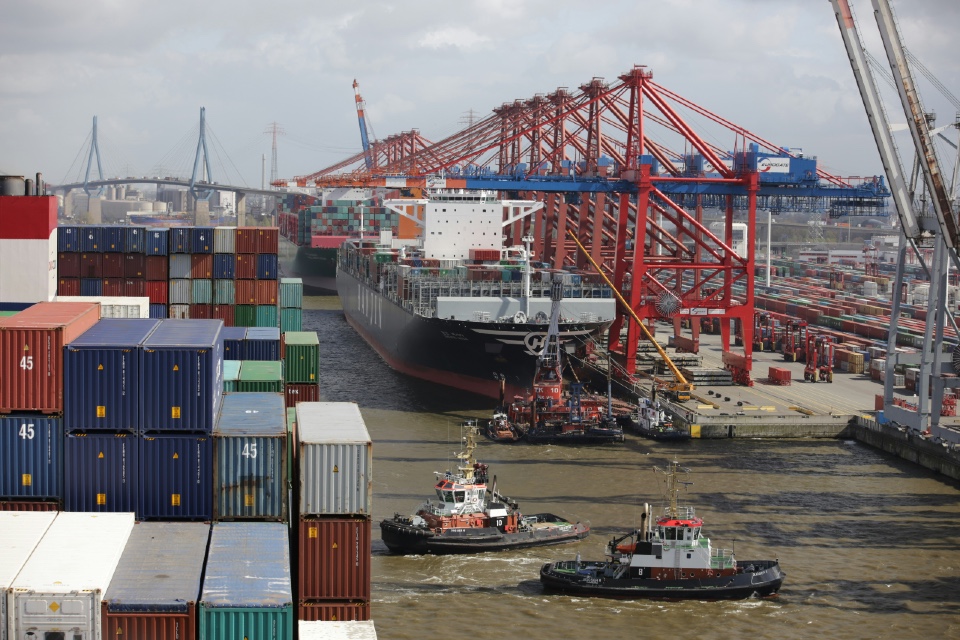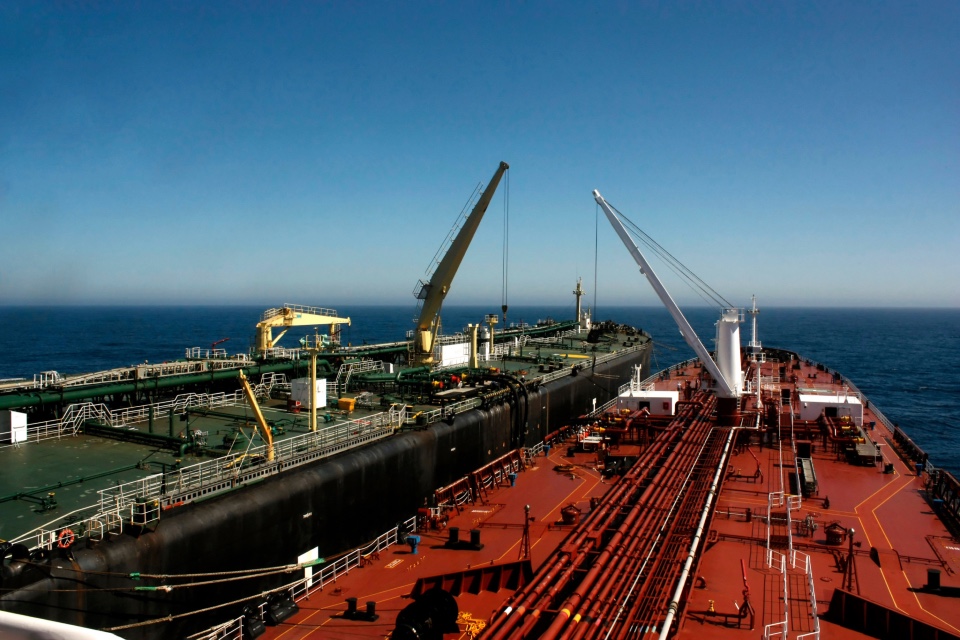In the last several years, businesses have faced an increasing number of challenges when it comes to operating their supply chains. From recession and rising customer expectations to the likes of Amazon making their logistics into a competitive advantage. And now digitalisation has created disruption in the way businesses manage their supply chain.
All of these challenges are underpinned by one big, singular issue that makes meeting business goals difficult: Data.How to manage it, how to respond to it, and how to wield it to your advantage.
Why supply chains need better data
Supply chain operations are complex data-manufacturing and -consuming machines, but they don’t always have the visibility and flexibility needed to make that data work for them.
Overcoming the challenge of data is necessary to address a range of problems:
- Compatibility issues across different providers
- Lack of actionable internal data
- Over-reliance on outdated systems
- Lack of insight into wider industry trends
- Fragility and reactiveness built into the organisation
- Meeting customer expectations is difficult if not impossible
The usual approach supply chains take to solve these issues has been implementing large change management programmes. Designed to overhaul the entire logistics operation, these are disruptive, costly and extremely time intensive. Instead, working with data specialists and bringing AI on board can make the job much more manageable.
With your re-structured data and the right AI platform, you can use that data to make more informed decisions, explore new opportunities and make your supply chain more resilient.
How to tackle data problems
Everyone comes across data quality issues. It comes from there being so much of it available nowadays. Most conversations about data with supply chain leaders start with that feeling. And AI platforms like 7bridges do, naturally, have preferred formats to receive data in. It makes it a smoother process on the technical end. But that’s not always an option.
One area where 7bridges differs is that we can be hands-on in those cases. We’re here to steward the right data onto the platform. We don’t want to import bad data just as much as you don’t want to use it.
It’s important to not let this be the point at which you hit data overwhelm though. Instead, work with data specialists and bring it into an environment where you can look at it, interrogate it and figure out the best path forward for it.
Where AI makes a difference
AI isn’t just a technological fad, it doesn’t take a tonne of manpower to manage and it isn’t going anywhere. What is, on the hand, is useful.
AI platforms use machines to perform functions typically reserved for humans. Like checking every invoice that comes in with 7bridges rather than a team of humans. Humans who could, instead, be doing work that machines still aren’t any good at like thinking strategically.
7bridges is an AI platform that helps businesses innovate toward smarter supply chains. What our customers do with that is:
- Combine their existing data with our real-time data network and resources and then
- Use the AI that their skilful team of engineers created to test out theories, explore new options, catch mistakes early and make the best decisions possible.
You can think of the AI as a sidekick or an assistant almost. Let humans think big picture and AI can figure out the details of making it work.







